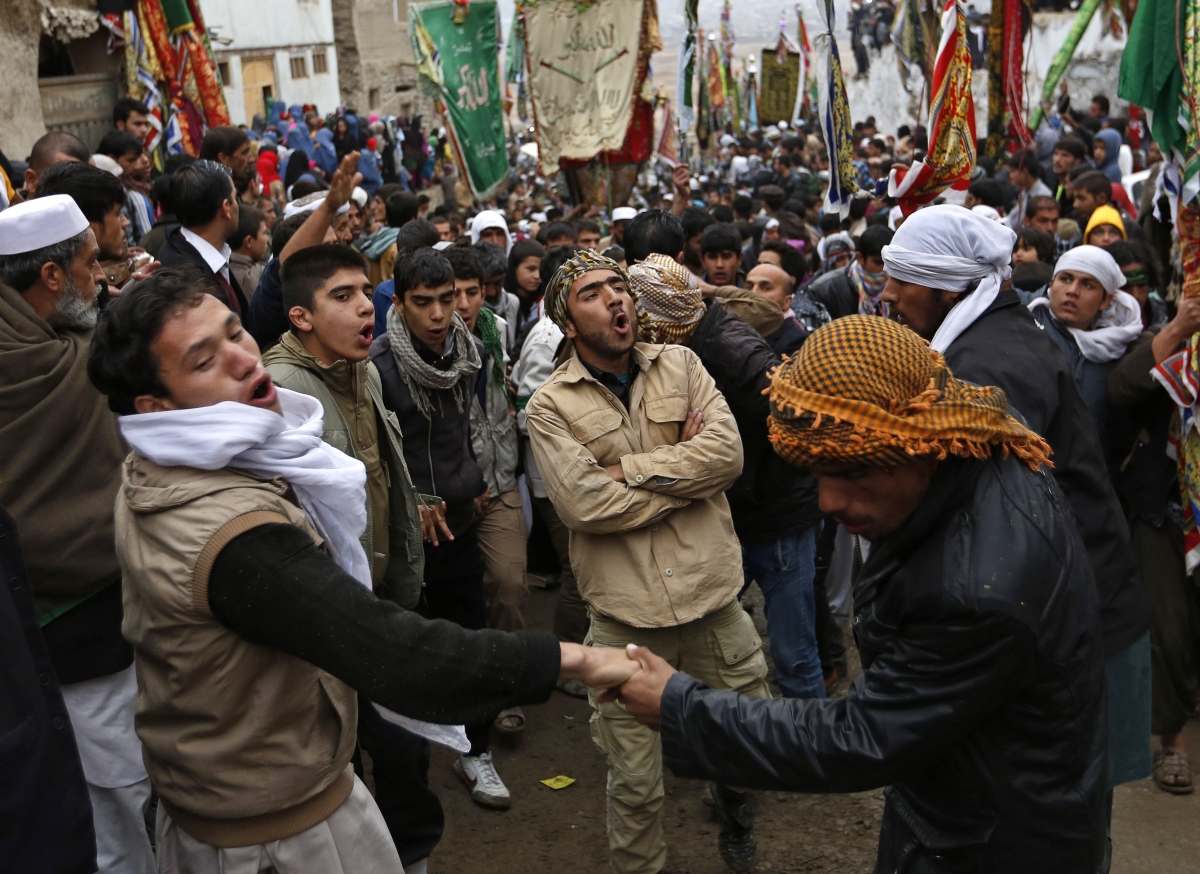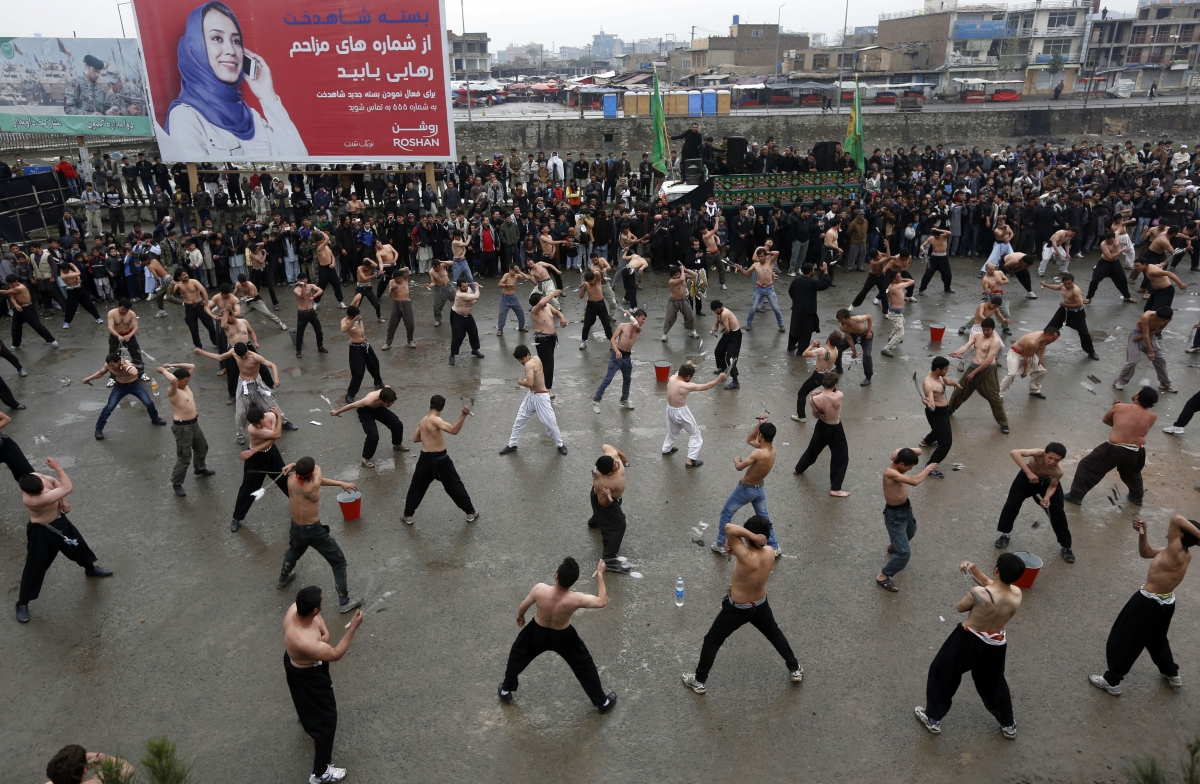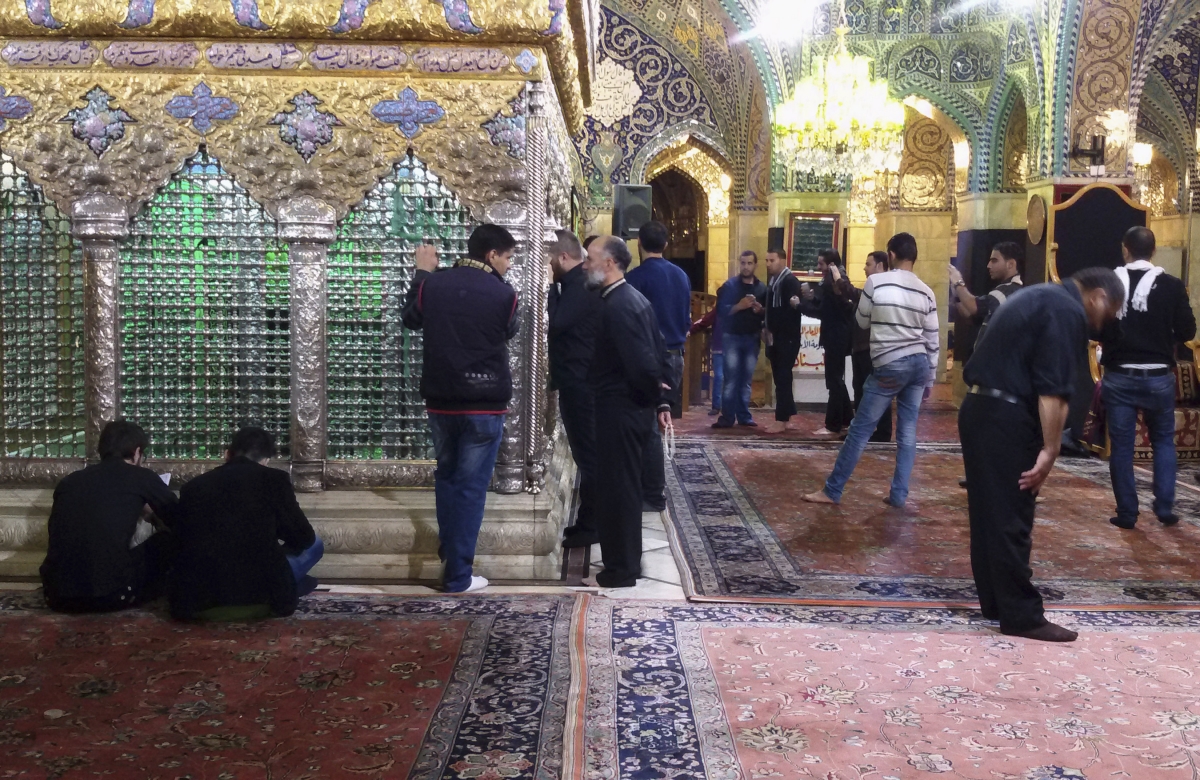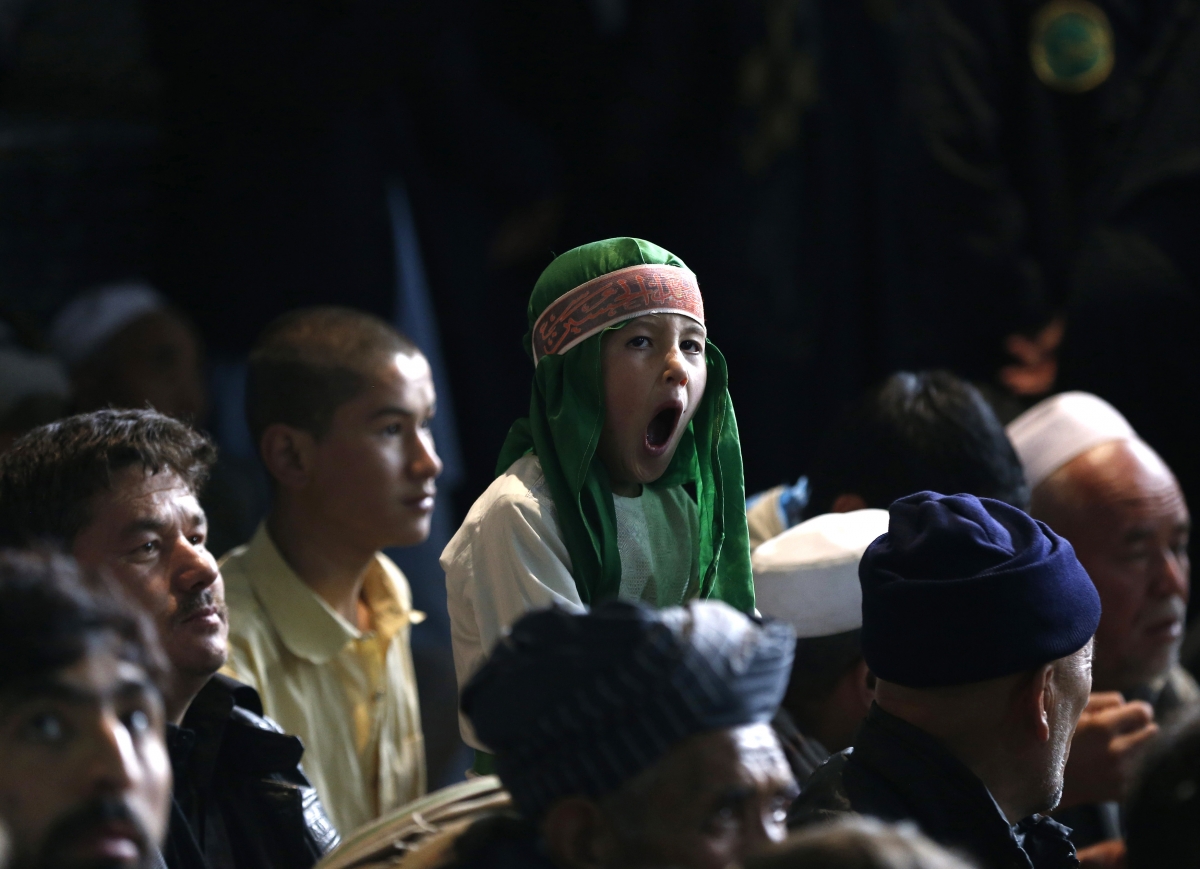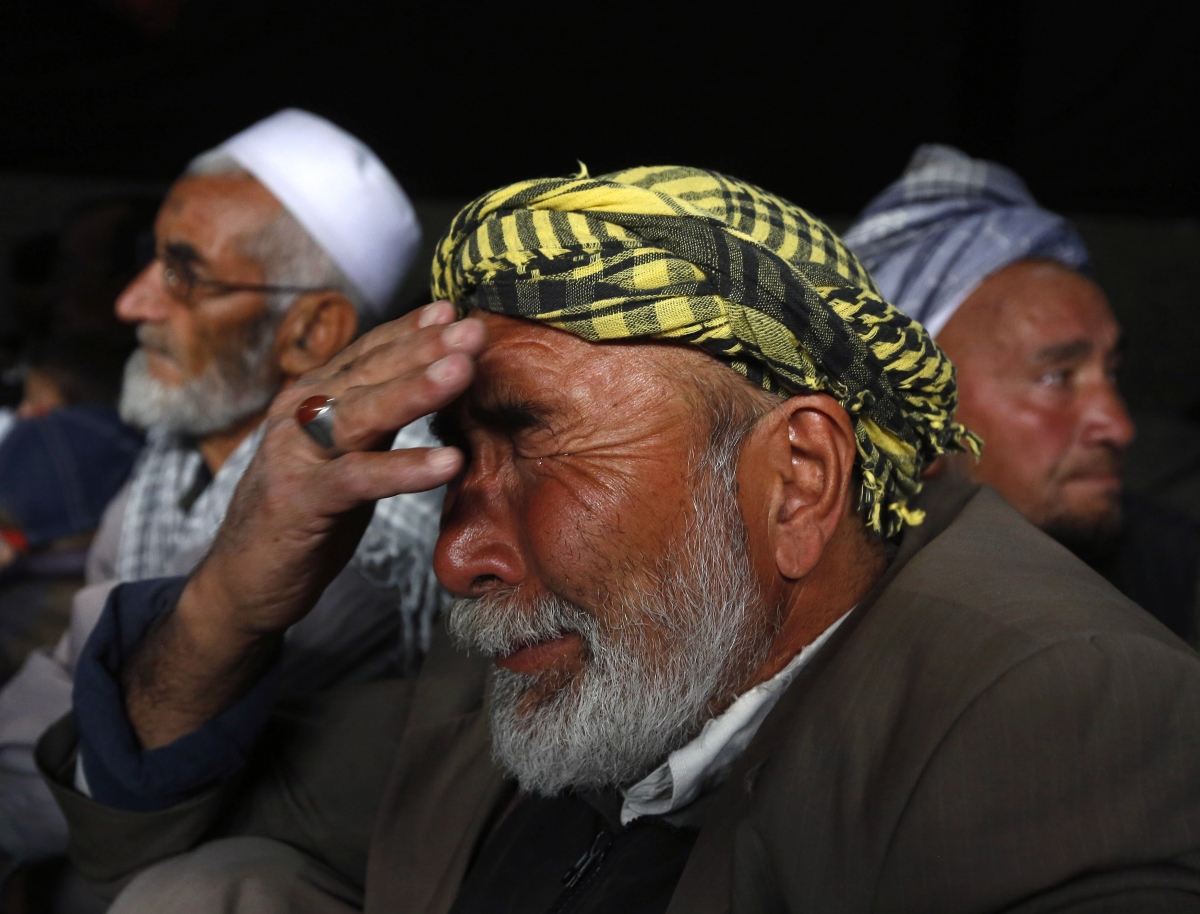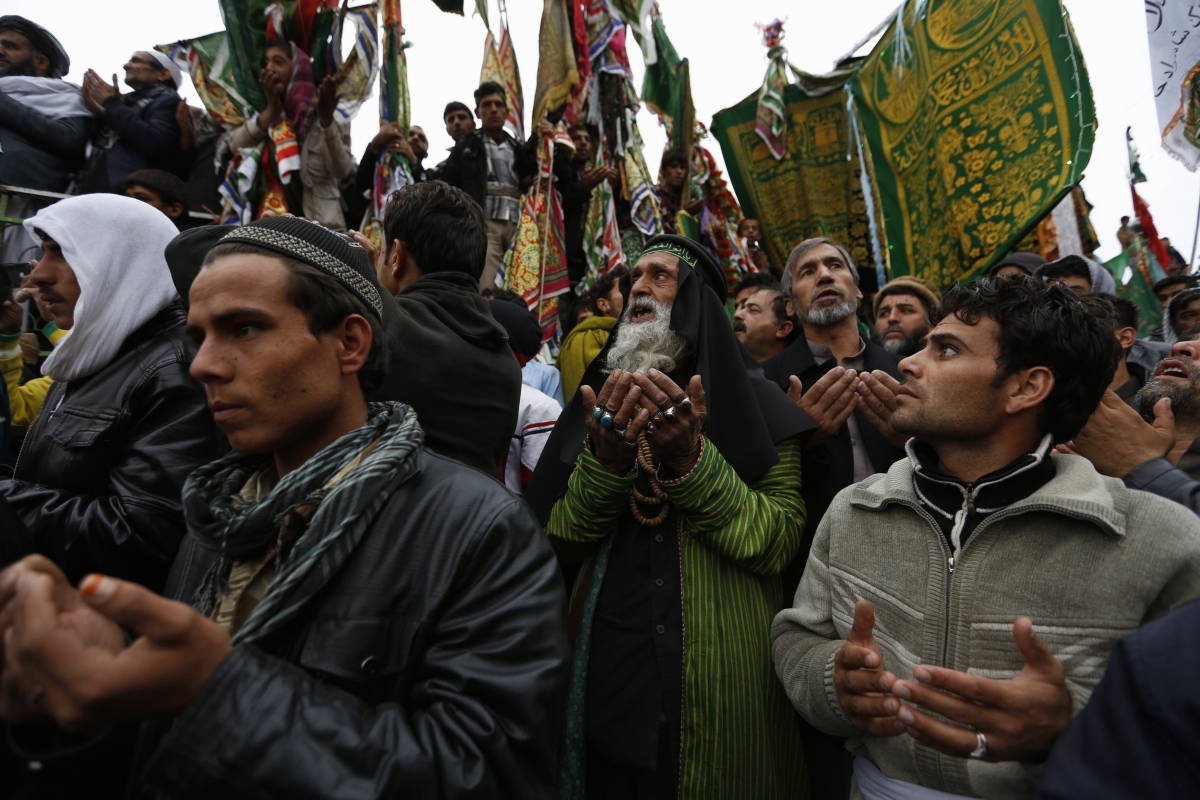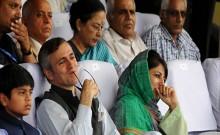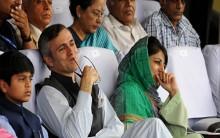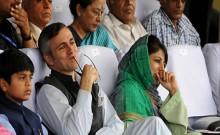Muharram, which is the first month of the Islamic calender, is one of the four sacred months in the Hijri Calender, that began on the evening of 24 October this year.
Ashura, the tenth day of Muharram, commemorates the martyrdom of Husayn ibn Ali, the grandson of Prophet Muhammad, who was killed in a battle upholding Islam.
"Muharram" meaning "Forbidden" is considered to be the most sacred of all the months, second only to Ramadan. Shia Muslims begin mourning from the first night of Muharram and keep at it for ten nights, climaxing on Ashura, which literally means the "Tenth" in Arabic.
Unlike other Muslim festivals, though, Muharram is more of a cultural holiday and not a particularly religious one. As Imam Johari Abdul-Malik, director of outreach at the Dar Al-Hijrah Islamic Center in Falls Church, Virginia related to Washington Times, "In the Islamic Calender, it is what began "hijra", the migration of the Prophet and his companions to establish a place where they were free to practice their religion, and practice it with other people who would be free to practice their religion."
Unlike Ramadan, which is a month of fasting, Muharram will only see most Muslims fasting on the ninth, 10th and 11th days of the month.
"It's a reflection of a new year. We rejoice in such a way, we're happy that God gave us the ability to see another day, we give thanks and praise," says Imam Faizul Khan of the Islamic Society of the Washington Area.
Muharram, this year, 1436, according to the Hijri calendar, was commemorated by Shia Muslims in England by organising a march. Around 300 men, women and children from the Leicester's Shia community set off from the Masjid-Al Husayn mosque in North Evington, and travelled along St Barnabas Road, East Park Road and Green Lane Road, before returning to the mosque, in Duxbury Road, reported Leicester Mercury.
"Shias lament in their love for their Imam but also keep alive his message of always supporting the truth and never bowing down to falsehood... It is a message that is as important in today's world as at anytime," explains Ali Abbas Rajani, who organised the march.


